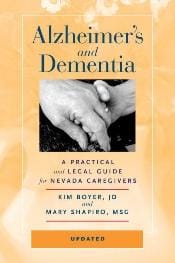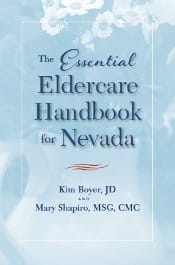Medicaid Spend Down
By Kim Boyer
What is a spend down? This is the amount by which a Medicaid applicant’s allowable resources must be reduced before eligibility can be obtained. The concept applies to both married and single applicants, although there are additional methods of spend down for married applicants.
One method of spend down is to pay for the costs of long term care. However, funds can also be used to benefit the applicant or the spouse.
Basic Spend Down for Married or Single Applicants
It is advisable for any individual expecting a long nursing home stay to spend funds on a thorough dental examination and dental work, procuring glasses and other hardware that may be unavailable through Medicaid, purchasing orthopedic shoes, and generally attending to any health care needs that may be unmet from government benefits.
Expenditures can also be made on items that will improve the quality of life for the resident. Examples include purchase of a television, VCR, stereo, computer, books, tapes, subscriptions, toiletries, or clothing.
Expenditures can also be made to pay off debts, purchase necessary medical supplies and equipment, purchase a burial plot, casket, and marker or set up a burial account.
Spend Down for Married Couples
Many spouses are wrongly informed that they must spend down all the resources on nursing home care. Assets can be set aside for the community spouse, called the Community Spouse Resource Allowance (“CSRA”). The amount of the CSRA can be increased by Court order.
Exempt property is not counted in determining resources for either spouse for purposes of eligibility. A key concept in spending down to eligibility levels is the conversion of non-exempt resources into exempt resources. This may include:
- Purchasing a new residence
- Paying down debt on the primary residence
- Making necessary repairs and improvements to the home
- Purchasing a better vehicle for the spouse
- Purchasing life insurance that does not have cash value
The timing of the spend down may be critical. Expenditures made before the first institutionalization will reduce the total available resources. That, in turn, could reduce the amount the community spouse is permitted to retain as the Community Spouse Resource Allowance. It is important to involve an experienced elder law attorney familiar with Medicaid eligibility.
Disclaimer: Information provided as a service of Kim Boyer, Certified Elder Law Attorney, updated as of 01/01/13. It does not constitute legal advice. For specific questions you should consult a qualified attorney.





